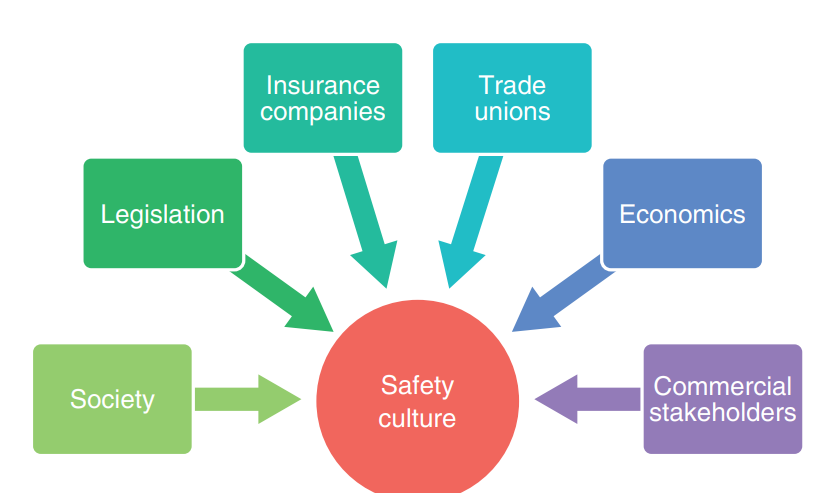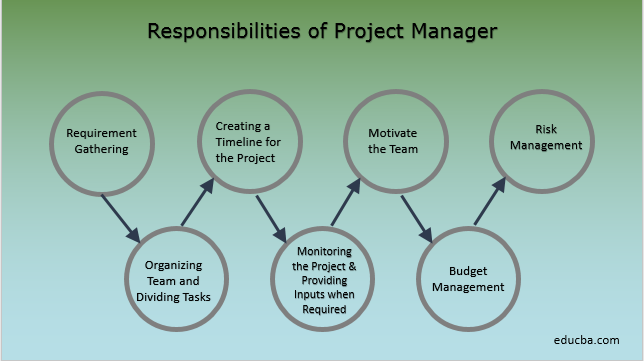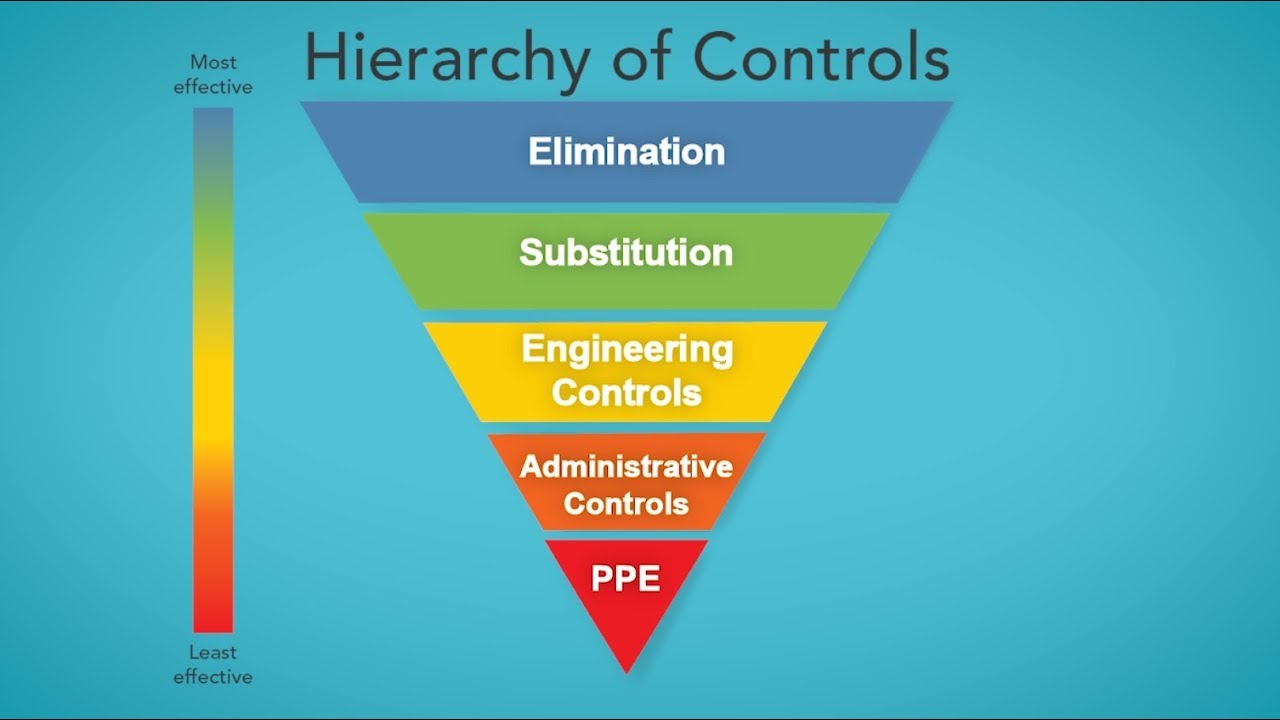
Are you interested in a career that involves project management? These tips will help you get started in your journey. There are many benefits to being a project manager. It can be a rewarding career if you know how to leverage a team and delegate tasks. It will help you acquire the skills you need to be successful in the role and will also save you a lot time. Successful project managers emphasize customer relations, communication, and leading and motivating teams.
Qualifications required
The best way to be a project manager is to earn a bachelor's degree. This will give your a solid business and marketing background. You will also be able to demonstrate leadership skills like communicating clearly and resolving conflict. A project manager must be able motivate and build trust with their team. You may need to have a Bachelor's degree, although the requirements for project management vary by company. However, it is possible to get an entry-level job if you have a Bachelor's in business or management.
A project manager is someone who has the ability to effectively organize meetings and schedules. You should have excellent interpersonal skills, be able to communicate clearly your vision and objectives to others and also have strong interpersonal skills. Effective communication skills in meetings and reports are important, as is listening skills. This position requires commitment to the company and high levels of responsibility. You will be responsible for the success or failure of the project, so it's important that you have the right attitude to succeed in the role.

Job growth
According to Project Management Institute the future prospects for project managers are bright. Projected industries' global gross domestic products are expected to grow by $4.5 billion by 2016. The institute anticipates that 8.2 million people who are project-oriented will work in an increase in their employment during the same timeframe. Although there are no statistics available on the career prospects of project managers, the Institute anticipates that this number will rise.
According to the Project Management Institute, by 2030, there will be over 25 million job openings for project managers worldwide. This means that nearly two million project managers will be needed each year in the global economy. Project managers will be in high demand as entrepreneurs continue to increase. According to Bureau of Labor Statistics, the Bureau of Labor Statistics projects that there will be 6 percent more project management jobs by 2024. This growth means that more than 505,000 project managers will be required.
Education
To advance your career, you must be able to manage projects. While project managers tend to pursue formal education, many can also gain practical experience while interning or volunteering in the field. The most important steps in becoming a manager are listed below. Begin by obtaining a bachelor’s degree in relevant fields or an equivalent. You can get many opportunities in the project management industry by obtaining your PMP certificate.
First, you need to identify any areas where your knowledge is lacking. Participating in seminars, workshops, and conferences related to your field can help you fill in any gaps and enhance your skills. Networking with other project managers is also possible. Once you've gained valuable work experience, it's possible to go on to the next stage and receive the certification you desire. Then, when you're ready to move onto the next level, you'll be ready to start your new career.

Experience
Include your project management experience on your resume. You should highlight at least two or three of your most important projects. Discuss the scope, budget and timeline. Also, discuss how many people were involved in each project. You can also include metrics used to measure project success. It is possible to include information such as how much it cost to build a hospital and how you dealt with roadblocks.
An experienced project manager can help you gain experience. Many project managers start out as assistants, before moving up to management. This allows them to learn more about the job and the organization. They may also be able to improve their leadership skills. Mentors can assist them in this transition, from project manager to assistant. Once you have found a mentor, they will be able to help you get started. Professionals who are looking to progress in their careers will benefit greatly from having experience in project management.
FAQ
What does "project management" mean?
It refers to the management of activities related to a project.
We include defining the scope of the project, identifying the requirements, preparing the budget, organizing the project team, scheduling the work, monitoring progress, evaluating results, and closing down the project.
What are the four main functions of management?
Management is responsible for organizing, managing, directing and controlling people, resources, and other activities. It also includes developing policies and procedures and setting goals.
Management is the ability to direct, coordinate, control, motivate, supervise, train, and evaluate an organization's efforts towards achieving its goals.
The four main functions of management are:
Planning – Planning involves deciding what needs to happen.
Organizing is the act of deciding how things should go.
Directing - Directing is when you get people to do what you ask.
Controlling – Controlling is the process of ensuring that tasks are completed according to plan.
What are the steps of the management decision-making process?
Managers are faced with complex and multifaceted decisions. It involves many factors, including but not limited to analysis, strategy, planning, implementation, measurement, evaluation, feedback, etc.
Management of people requires that you remember that they are just as human as you are, and can make mistakes. As such, there are always opportunities for improvement, especially when you put in the effort to improve yourself.
This video shows you how management makes decisions. We discuss different types of decisions as well as why they are important and how managers can navigate them. The following topics will be covered.
What is TQM?
The industrial revolution led to the birth and growth of the quality movement. Manufacturing companies realized they couldn't compete solely on price. They needed to improve quality and efficiency if they were going to remain competitive.
Management developed Total Quality Management to address the need for improvement. It focused on all aspects of an organisation's performance. It included continuous improvement and employee involvement as well as customer satisfaction.
What is a fundamental management tool for decision-making?
A decision matrix can be a simple, but effective tool to assist managers in making decisions. It allows them to consider all possible solutions.
A decision matrix represents alternatives in rows and columns. It is easy to see how each option affects the other options.
In this example, we have four possible alternatives represented by the boxes on the left side of the matrix. Each box represents an option. The top row represents the current state of affairs, and the bottom row is indicative of what would happen in the event that nothing were done.
The middle column shows the effect of choosing Option 1. It would increase sales by $2 million to 3 million in this instance.
The following columns illustrate the impact of Options 2 and 3. These are both positive changes that increase sales by $1million and $500,000. But, they also have some negative consequences. For instance, Option 2 increases cost by $100 thousand while Option 3 reduces profits by $200 thousand.
The last column displays the results of selecting Option 4. This involves decreasing sales by $1 million.
The best thing about using a decision matrix is that you don't need to remember which numbers go where. Simply look at the cells to instantly determine if one choice is better than the other.
The matrix already does all the work. It is as simple as comparing the numbers within the relevant cells.
Here is an example how you might use the decision matrix in your company.
Decide whether you want to invest more in advertising. If you do this, you will be able to increase revenue by $5000 per month. You'll also have additional expenses up to $10,000.
You can calculate the net result of investing in advertising by looking at the cell directly below the one that says "Advertising." That number is $15 thousand. Advertising is a worthwhile investment because it has a higher return than the costs.
What is Kaizen?
Kaizen, a Japanese term that means "continuous improvement," is a philosophy that encourages employees and other workers to continuously improve their work environment.
Kaizen is founded on the belief of everyone being able to do their job well.
Statistics
- 100% of the courses are offered online, and no campus visits are required — a big time-saver for you. (online.uc.edu)
- Your choice in Step 5 may very likely be the same or similar to the alternative you placed at the top of your list at the end of Step 4. (umassd.edu)
- The profession is expected to grow 7% by 2028, a bit faster than the national average. (wgu.edu)
- The average salary for financial advisors in 2021 is around $60,000 per year, with the top 10% of the profession making more than $111,000 per year. (wgu.edu)
- UpCounsel accepts only the top 5 percent of lawyers on its site. (upcounsel.com)
External Links
How To
How can you create a Quality Management Plan, (QMP)?
QMP, which was introduced by ISO 9001:2008, is a systematic approach to improving products, services, and processes through continuous improvement. It helps to improve customer satisfaction and product/service quality by continuously measuring, analyzing, controlling and improving.
QMP stands for Quality Management Process. It is used to guarantee good business performance. QMP is a standard method that improves the production process, service delivery, customer relationship, and overall business performance. QMPs should encompass all three components - Products and Services, as well as Processes. The QMP that only addresses one aspect of the process is called a Process QMP. If the QMP is focused on a product/service, it's called a QMP. QMP is also used to refer to QMPs that focus on customer relations.
Scope is the most important element in implementing a QMP. Strategy is the second. These are the following:
Scope: This determines the scope and duration of the QMP. For example, if you want to implement a QMP that lasts six months, then this scope will outline the activities done during the first six.
Strategy: This is the description of the steps taken to achieve goals.
A typical QMP has five phases: Planning (Design, Development), Implementation (Implementation), and Maintenance. Each phase is described below:
Planning: This stage is where the QMP objectives are identified and prioritized. Every stakeholder involved in the project is consulted to determine their expectations and needs. After identifying the objectives, priorities, and stakeholder involvement, the next step is to develop the strategy for achieving these objectives.
Design: In this stage, the design team designs the vision and mission, strategies, as well as the tactics that will be required to successfully implement the QMP. These strategies can be implemented through the creation of detailed plans.
Development: This is where the development team works to build the capabilities and resources necessary for the successful implementation of the QMP.
Implementation is the actual implementation of QMP according to the plans.
Maintenance: The maintenance of the QMP is an ongoing task.
Additional items must be included in QMP.
Stakeholder Involvement: Stakeholders are important for the success of the QMP. They are required to actively participate in the planning, design and development of the QMP, as well as the implementation and maintenance phases.
Project Initiation: It is essential to have a clear understanding about the problem and the solution before you can initiate a project. In other words, they must understand the motivation for initiating the project and the expectations of the outcome.
Time frame: It is crucial to know the time frame for the QMP. If you plan to implement the QMP for a short period, you can start with a simple version. If you're looking to implement the QMP over a longer period of time, you may need more detailed versions.
Cost Estimation. Cost estimation is another crucial component of QMP. You can't plan without knowing how much money it will cost. It is therefore important to calculate the cost before you start the QMP.
QMPs are not only a document, but also a living document. This is the most important aspect of QMPs. It can change as the company grows or changes. It should be reviewed on a regular basis to ensure that it is still meeting the company's needs.